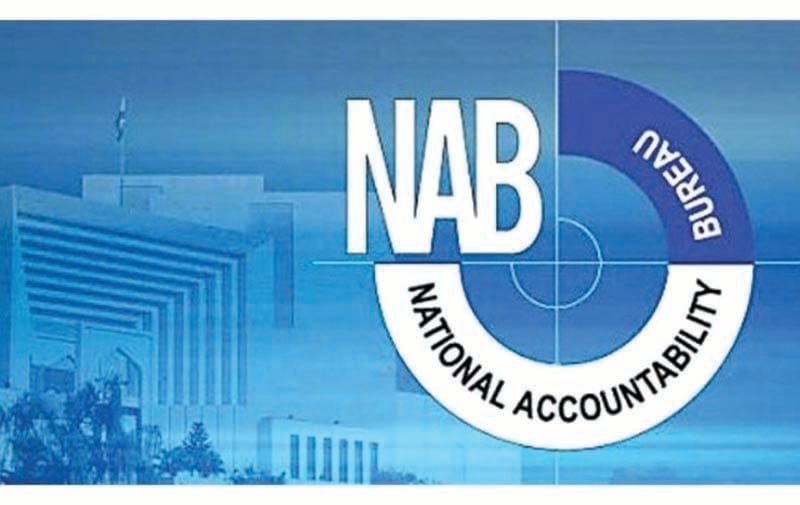How to File a Case in NAB Pakistan
The National Accountability Bureau (NAB) of Pakistan is responsible for combating corruption and ensuring accountability within the country. If you have evidence of corruption, fraud, or any financial misconduct, you may want to file a case with NAB. Understanding the procedure for filing a case in NAB Pakistan is crucial to ensure that your complaint is processed efficiently. This article will provide a comprehensive guide on how to file a case in NAB, including the required documents, the steps involved, and helpful tips for navigating the process.

Understanding NAB’s Role
The National Accountability Bureau (NAB) is an autonomous body established under the National Accountability Ordinance of 1999. NAB’s primary mandate is to eliminate corruption and promote transparency and accountability in public and private sectors. The bureau investigates cases of corruption, financial misconduct, and abuse of power, holding individuals accountable for their actions.
If you suspect corruption within a government department, public office, or private entity, NAB provides a platform for citizens to report such activities. Filing a case with NAB is a critical step toward ensuring accountability and promoting integrity in society.
Who Can File a Case in NAB?
Any individual or organization can file a complaint with NAB if they possess credible information regarding corruption, bribery, fraud, or financial mismanagement. This includes:
- Citizens: Any citizen who has experienced or witnessed corruption can approach NAB.
- Whistleblowers: Individuals who report misconduct can file complaints to protect the integrity of the system.
- Organizations: Companies or institutions that identify corruption can also submit complaints.
Required Documents to File a Case
To file a case in NAB Pakistan, certain documents and information must be prepared. Ensuring that you have all the necessary documentation can help expedite the process. The following documents are typically required:
- Written Complaint: A detailed written complaint outlining the nature of the corruption or misconduct. The complaint should include:
- Your name and contact information.
- Details of the person or organization involved.
- A clear description of the allegations.
- Any supporting evidence you may have.
- Identification Proof: A copy of your CNIC (Computerized National Identity Card) or other identification documents to verify your identity.
- Supporting Documents: Any documents that substantiate your claims, such as:
- Financial records.
- Emails or correspondence related to the case.
- Photographs or video evidence.
- Witness statements, if applicable.
- Affidavit: In some cases, NAB may require an affidavit confirming the authenticity of the information provided.
Steps to File a Case in NAB
Here’s a step-by-step guide on how to file a case in NAB Pakistan:
- Gather Information: Collect all relevant information and documents related to your case. Ensure that your written complaint is clear, concise, and includes all necessary details.
- Visit NAB Office: Locate your nearest NAB office. NAB has regional offices across Pakistan, which can be found on their official website. It’s advisable to visit during office hours for better assistance.
- Submit Your Complaint: Present your written complaint along with all supporting documents to the officer at the NAB office. Make sure to request an acknowledgment of your submission, as this will serve as proof that you filed your case.
- Follow-Up: After submitting your complaint, you can inquire about the status of your case. NAB should provide you with information regarding any developments related to your complaint.
- Cooperate with NAB Investigations: If NAB decides to investigate your complaint, be prepared to cooperate fully. This may include providing additional information or evidence as requested.
Tips for a Successful Case Filing
Filing a case in NAB can be a daunting process, but following these tips can help ensure a successful filing:
- Be Detailed and Precise: Ensure that your complaint is comprehensive and detailed. Providing clear and accurate information will help NAB in their investigation.
- Maintain Confidentiality: If you are a whistleblower or fear retaliation, you may request anonymity when filing your complaint. NAB provides mechanisms to protect the identity of complainants.
- Seek Legal Advice: If you are unsure about the process or need assistance, consider consulting with a legal professional. A lawyer with experience in corruption cases can guide you through the filing process.
- Stay Persistent: The investigation process may take time. Stay persistent and follow up with NAB to check the status of your complaint.
- Be Patient: Understand that not all cases will result in immediate action. The investigation process can be lengthy, and outcomes may vary based on the evidence presented.
Conclusion
Filing a case in NAB Pakistan is an important step in combating corruption and promoting accountability. By understanding the process, preparing the necessary documents, and following the proper steps, you can effectively report misconduct and contribute to a more transparent society. Remember, your role in fighting corruption is vital, and your efforts can help uphold the principles of integrity and justice in Pakistan.


